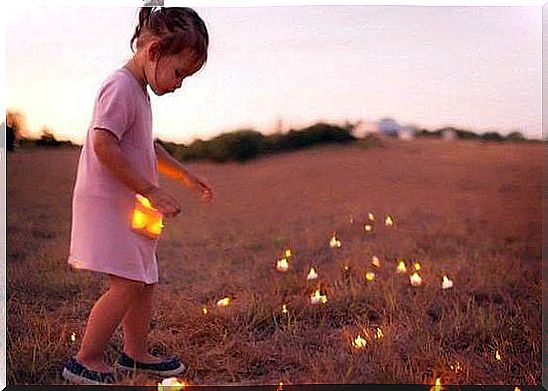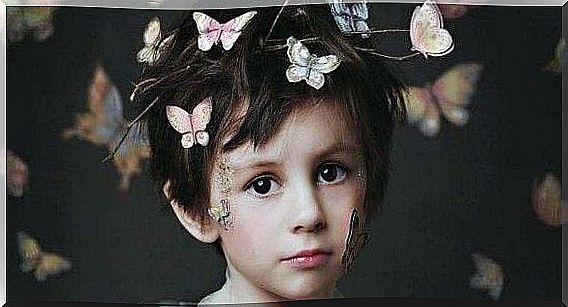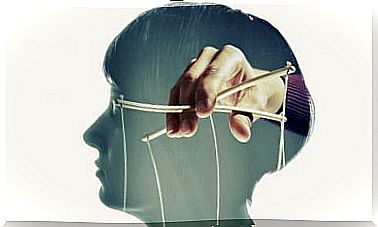Years Of Schooling And Still We Are Unable To Love Ourselves

Failure, unfit, poorly motivated, defiant. Children are labeled in many different ways during their school years. We rarely take the time to look and understand the emotions behind each child.
It is interesting to note that emotional intelligence is highly valued in the business and political world, while most schools do not pay attention to it at all.
Our education should enable us to take care of ourselves, and there is absolutely no point in teaching a child about chemistry or literature if we don’t first teach him about self-confidence, respect and empathy.
Cognitive skills remain essential to the academic system. While emotions still remain a ‘taboo’ that should only belong to the private sphere.

An education that shapes minds, but not people
Today’s youth is made up of young people who are all highly skilled in the field of technology. The emoticons they use in their messages are often the only opening to the world of their emotions. However, apart from their mobile phones, these young people are unable to properly maintain or prevent problems such as bullying.
Begonia Ibarrola, psychologist and researcher, indicates that in schools where more importance is placed on children’s emotional intelligence, harassing behavior has almost completely disappeared and there is also a significant improvement in academic performance. Anyway, this is very encouraging.

Why don’t schools work a little more on the emotional education of children?
The importance of cognitive knowledge is still very much taken into account in our current school system, while there are enough theories, such as Gardner’s theory, ‘multiple intelligences’, that indicate how important it is also to work at an early age on children’s emotional intelligence.
Of course, changes at the institutional level require time. These kinds of changes need social awareness, since investing in emotions means investing in society. It involves learning to be more competent in our human relationships, in respect, and in the way we view the world, so that we place less importance on raising perfect children and more on creating happy people.

Perfect children are sad children
Perfect children don’t always know how to laugh, nor do they know the sound of happiness. They are afraid of making mistakes and will never live up to the extremely high expectations of their parents… Read more.
We raise unique children, not identical students
In a society that is constantly changing and where there is a lot of competition professionally, it doesn’t really make much sense to train students who are all the same and all specialized in the same subjects. We must prioritize human value by enhancing children’s natural abilities so that they can find out what suits them best and what they can offer the world that makes them unique.
One aspect to consider in this case is our tendency to place our children’s education entirely in the hands of academic institutions. However, this is not the right approach at all. We are all educators, and the home front is the first and most important place to learn.
The family: the first stage in emotional intelligence
Neuroscience makes this very clear: the emotional context in which a child grows up will largely determine his further development and even his personality.
Recognition, reciprocity, secure attachment and emotional communication are the aspects that will give a child the opportunity to become freer and more mature. If you want to give the world a child who is able to show respect for others, who can listen, and who uses affection instead of aggression, then you have to be a role model for this yourself. Watch your choice of words, judgments and actions. Be the best example yourself.

The School: A Microcosm of the Social Stage
School will be a clear example to a child of the world he will one day be exposed to. His relationships with peers and authority figures (the teachers) will help him develop new and important skills.
By looking at settings where emotionally healthy habits and tools are applied, we can see that children are very receptive to this kind of knowledge. By exposing children to these kinds of habits and tools on a daily basis, they may be able to improve their personal relationships and act assertively to avoid arguments and attacks and build lasting friendships.
In this way, emotional intelligence becomes a habit that helps children learn better and manage stress and anxiety. This may also improve their academic performance. A fact that is very encouraging.

Eight tips for raising mentally strong children
The world is full of challenges. Being mentally strong is therefore of fundamental importance to be able to meet all these challenges. Read more.









